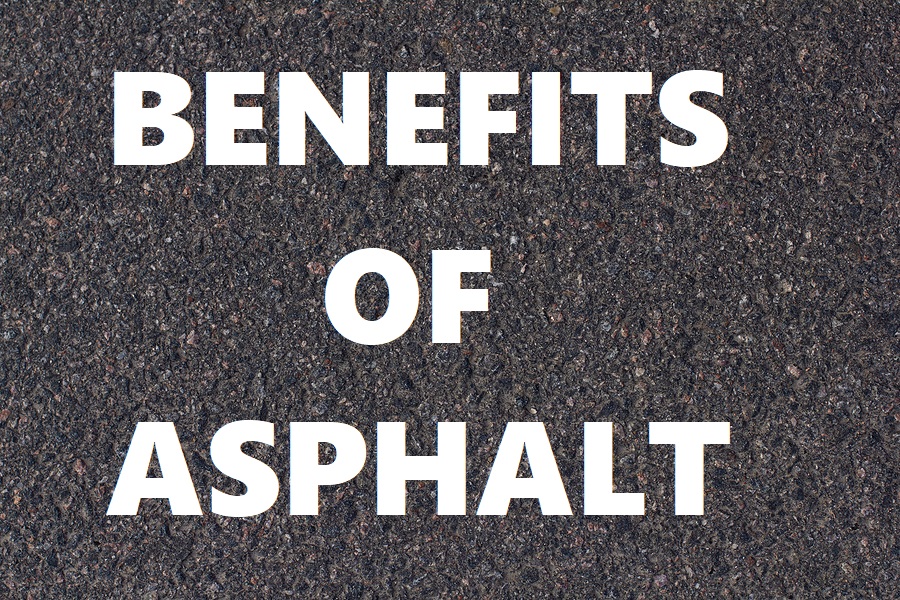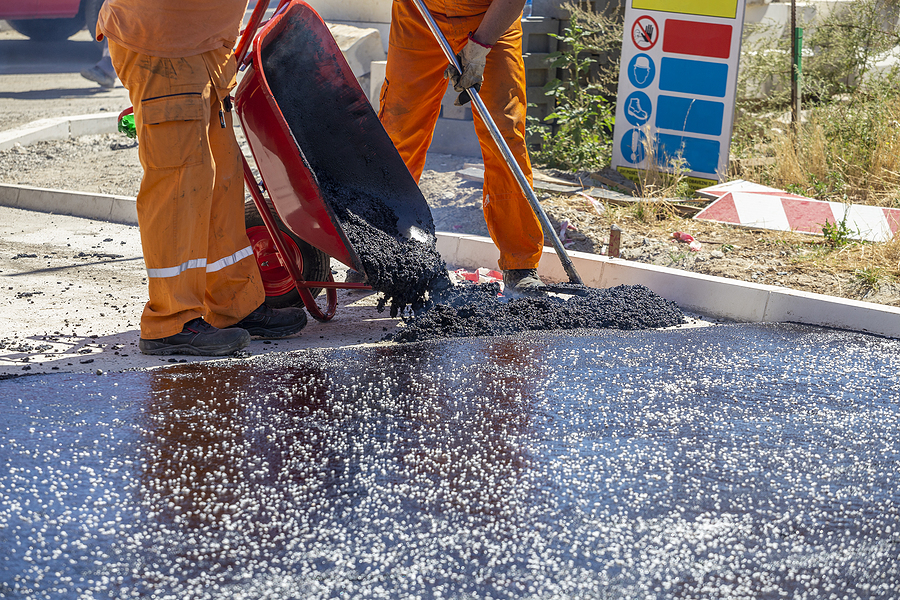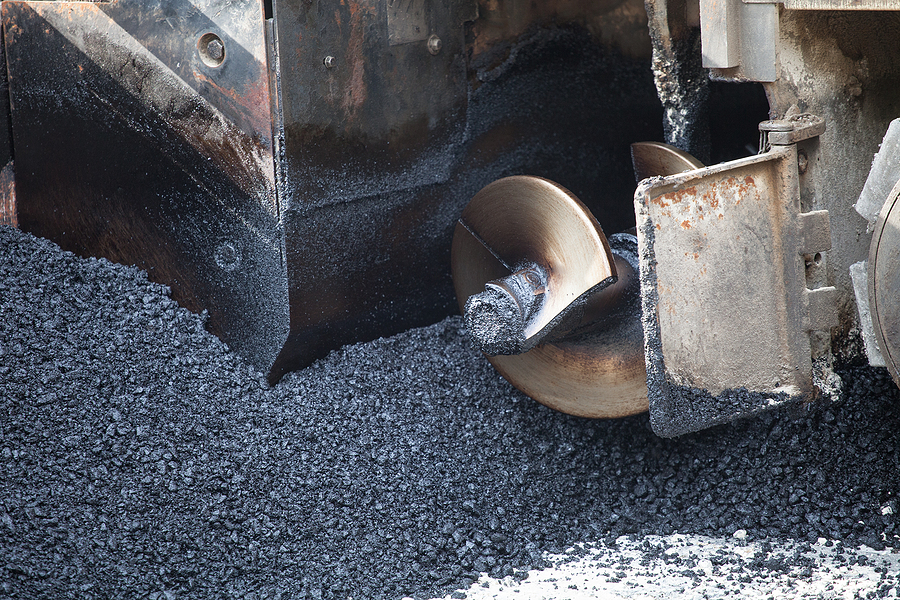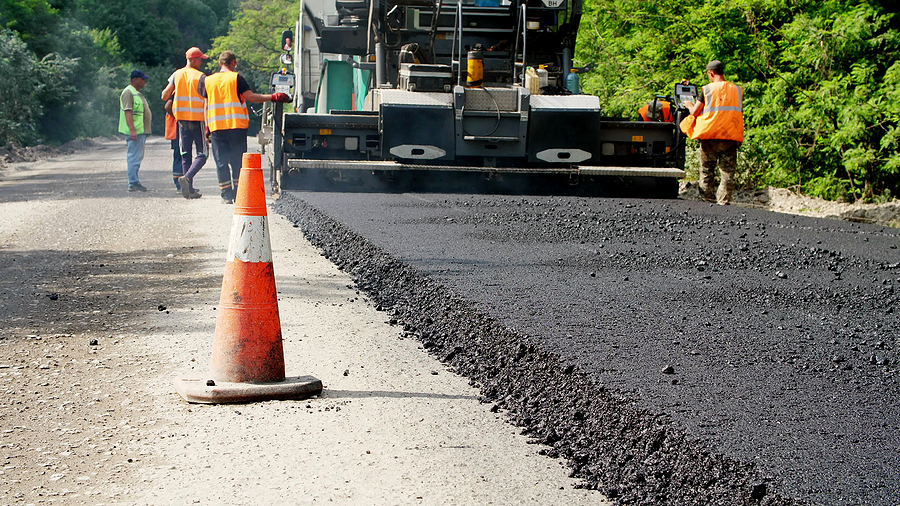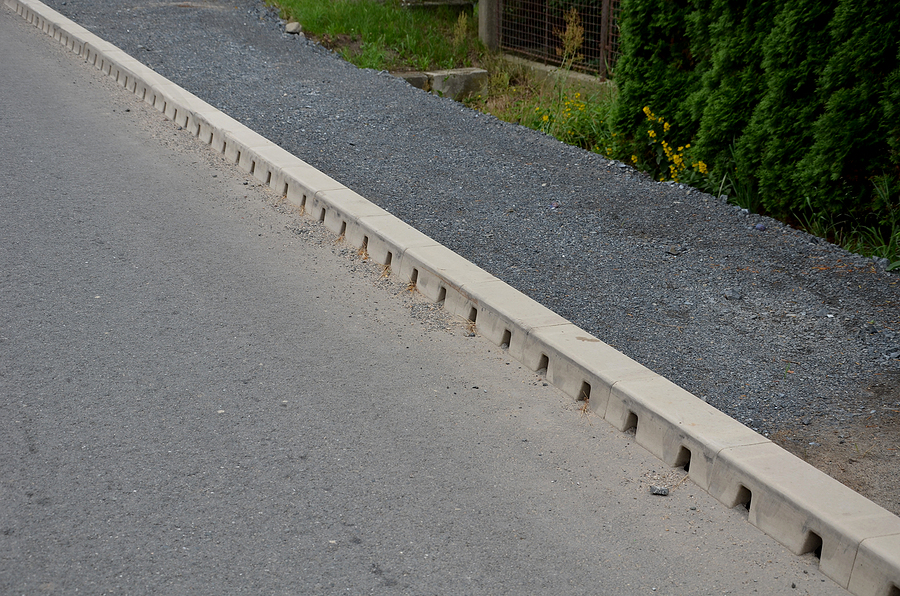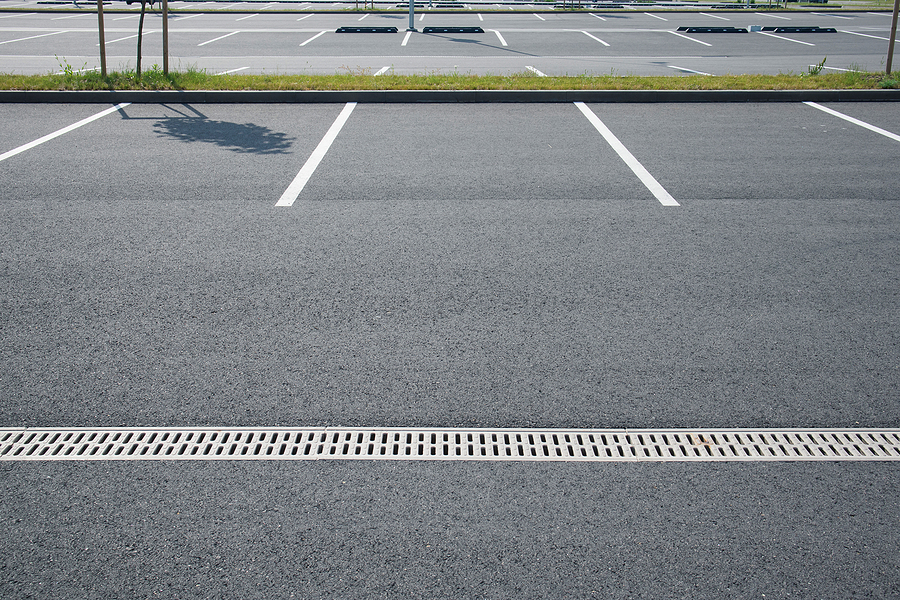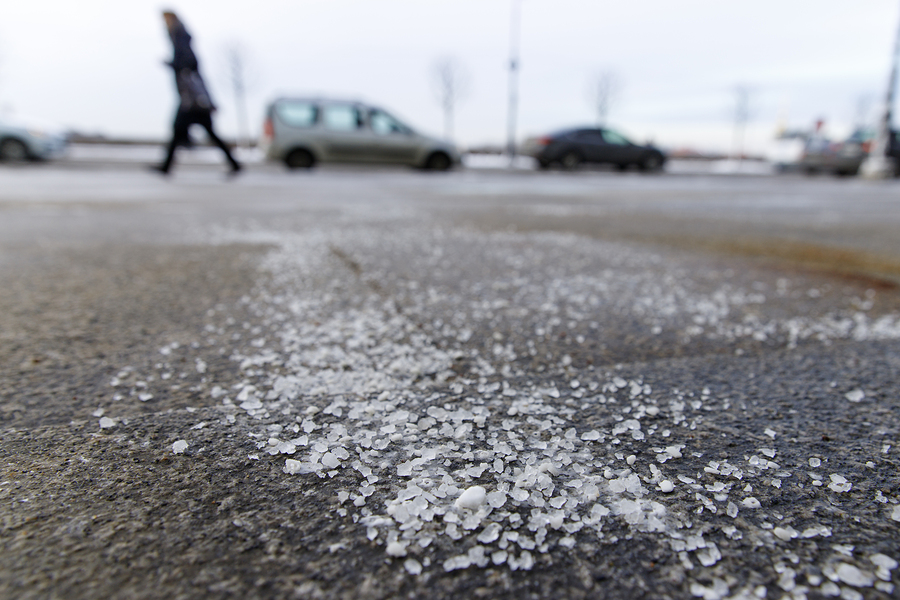Welcome to our comprehensive guide on Commercial Asphalt Paving. When it comes to business premises, first impressions are crucial, and that includes the quality of your parking lots and driveways. Asphalt paving provides an affordable, durable, and aesthetically pleasing solution for commercial properties. But before you embark on this project, there are several key considerations you need to factor in.
In this blog, we’ll explore how to choose the right asphalt sealcoat, when to consider a commercial pavement project, and the benefits of asphalt paving. Strap in as we lead you on the road to making informed asphalt decisions for your commercial space.

Choosing the Right Asphalt Sealcoat
Sealcoating is a protective layer applied to asphalt surfaces to protect them from harsh weather and traffic conditions. The sealcoat acts as a barrier, preventing water seepage that leads to cracks and potholes. When it comes to commercial properties, choosing the right sealcoat is crucial because you need durable protection for high-traffic areas. Some key factors to consider when selecting an asphalt sealer include:
Water Resistance: Make sure the sealcoat is water-resistant, as water can seep into cracks and cause damage.
UV Protection: The sun’s harmful rays can fade and weaken your pavement over time, so choose a sealcoat with UV protection.
Traffic Conditions: If your parking lot or driveway experiences heavy traffic, opt for a sealcoat with higher durability and wear resistance.
When to Consider a Commercial Pavement Project
While regular pavement maintenance can extend the life of your asphalt pavement, there comes a time when repairs just won’t cut it anymore. Here are some signs that indicate it’s time for a commercial pavement project:
Extensive Damage: If your pavement has numerous potholes, cracks, and other visible damage, it may be more cost-effective to repave instead of continually repairing.
Drainage Issues: Poor drainage can lead to standing water on your pavement, causing further damage. If this is a recurring problem even after repairs, it may be time for a commercial pavement project.
Aesthetics: First impressions matter, and if your parking lot or driveway looks worn down and uninviting, it’s time for a fresh asphalt pavement.
Benefits of Asphalt Paving for Commercial Properties
Asphalt is the most popular choice for commercial properties due to its many benefits. These include:
Cost-Effective: Compared to other paving materials like concrete, asphalt is more affordable initially and in terms of maintenance costs.
Durability: When installed correctly and maintained, asphalt can last up to 20 years or more, making it an excellent long-term investment for commercial properties.
Aesthetics: With a smooth, dark finish, asphalt provides a clean and professional look to any commercial space.
Quick Installation: Compared to other paving materials that require curing time, asphalt can be used almost immediately after installation, minimizing downtime for businesses.
Asphalt Versus Concrete
Which is better for commercial paving: asphalt or concrete? While both materials have their pros and cons, here are some factors to consider when making your decision:
Cost: As mentioned earlier, asphalt is more cost-effective initially and in terms of maintenance costs.
Durability: Asphalt has more flexibility and can withstand harsh weather conditions better than concrete, which tends to crack under extreme temperatures.
Aesthetics: Concrete offers a cleaner and more uniform look, while asphalt has a smoother finish. This is a personal preference that can also be influenced by the type of business and its brand image.
Final Thoughts
In conclusion, when opting for commercial asphalt paving, it’s essential to consider the quality of your sealcoat, signs that indicate a pavement project is necessary, and the benefits of choosing asphalt as your paving material. With this knowledge in hand, you can ensure a long-lasting and visually appealing parking lot or driveway for your commercial property.
If you’re looking for professional commercial pavement services, then get in touch with us today! Contact ACI Asphalt and Concrete at 317-549-1833 to learn more about commercial asphalt paving in Indianapolis, Indiana. We serve clients throughout the state.
Related Posts:
The Impact of Commercial Asphalt Paving on Business Aesthetics
Commercial Pavement Installation: What Every Business Owner Needs to Know
Asphalt vs. Concrete: Which One is Better for Your Parking Lot?

